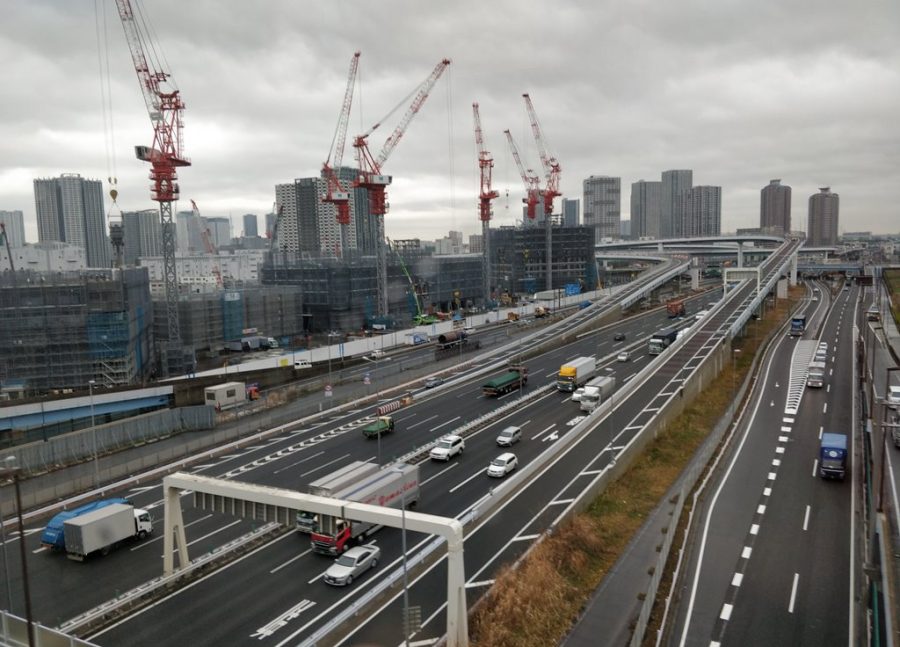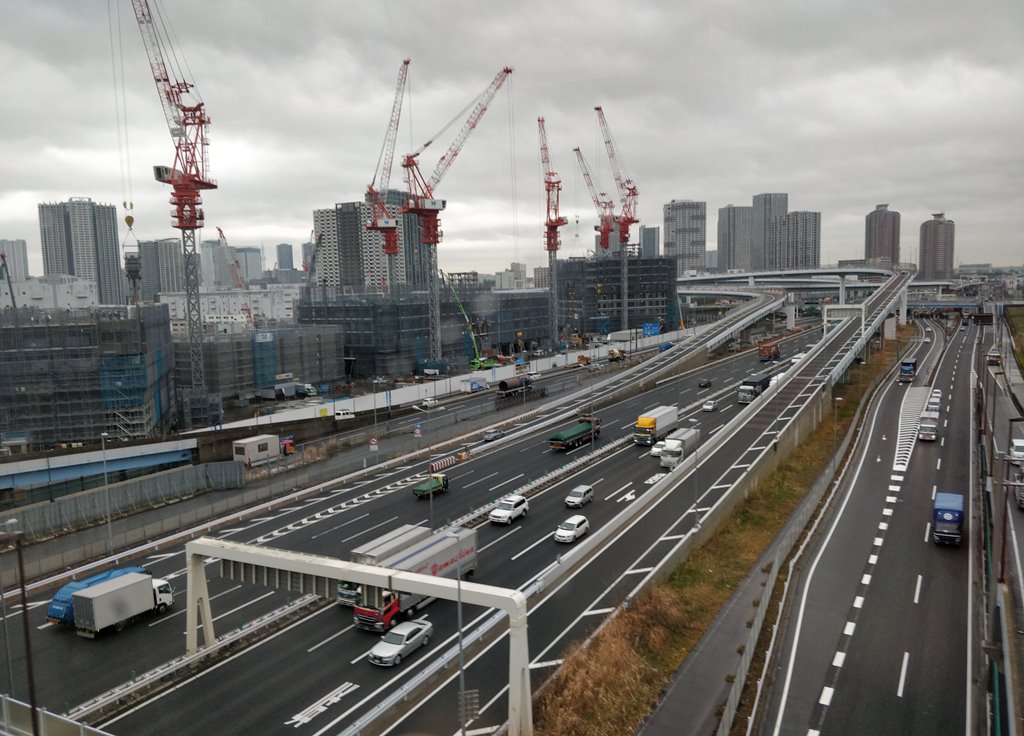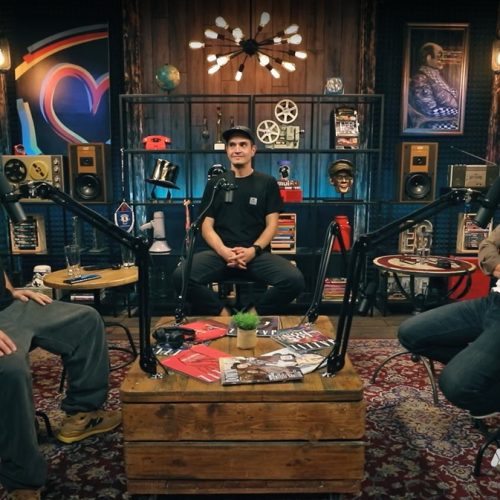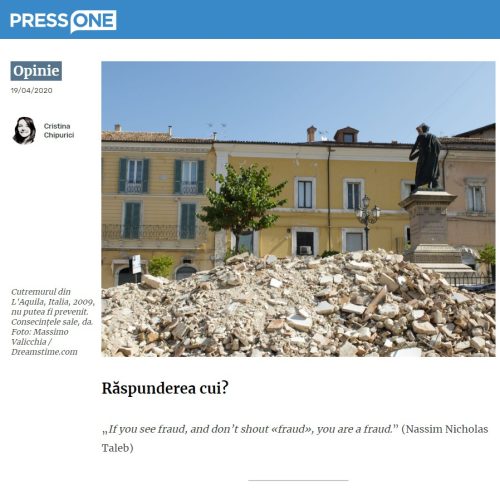Cum va arăta viitorul? Cum va arăta lumea peste 10 ani?
Poate fi distractiv să încerci să răspunzi la această întrebare, dar adevărul este că nimeni nu știe.
În loc să se întrebe asta, Jeff Bezos se întreabă fix opusul:
Ce NU se va schimba în următorii 10 ani? Ce va rămâne la fel?
Pentru el, răspunsul la aceste întrebări este mai important decât cel referitor la ce se va schimba.
În cazul Amazon, este clar că oamenii își vor dori întotdeauna:
1. Prețuri mai mici.
2. Livrare cât mai rapidă.
3. O diversitate mare a produselor.
Clienții nu vor cere niciodată să plătească mai mult pentru un produs, să vină la Bezos și să-i spună că și-ar fi dorit ca prețurile să fie mai mari.
Din acest motiv, prioritățile echipei Amazon sunt să investească energie și efort în aceste lucruri care clar nu se vor schimba în timp, ca să fie siguri că vor fi recompensați pe termen lung.
Atunci când încerci să prezici cum va arăta viitorul, te expui unor riscuri foarte mari. Este un pariu mult mai mare decât atunci când te concentrezi pe ceea ce știi sigur că va rămâne la fel pe termen lung. Sigur, asta nu înseamnă să neglijezi acea posibilitate 100%. Dar întâi îți acoperi baza (investești în lucrurile cu certitudine ridicată), iar pe urmă îți poți permite să investești energie și în pariuri mai mici, cu posibilitatea unor câștiguri asimetrice – dacă îți permiți să-i pierzi.
Este o întrebare bună pentru a decide care sunt lucrurile în care merită să investești timp și efort – în special în astfel de perioade de incertitudine, atunci când este extrem de mult zgomot în jur.
Citatul integral al lui Bezos:
„I very frequently get the question: „What’s going to change in the next 10 years?”, and that is a very interesting question, it’s a very common one.
I almost never get the question: „What’s not going to change in the next 10 years?”
And I submit to you that that second question is actually the more important of the two. Because you can build a business strategy around the things that are stable in time. And so, as you pointed out, in our retail business, we know that customers want low prices, and I know that’s going to be true 10 years from now. They want fast deliver. They want vast selection.
It’s impossible to imagine a future 10 years from now where a customer comes up to me and says: „Jeff I love Amazon; I just wish the prices were a little higher”, „I love Amazon; I just wish you’d deliver a little more slowly.”
Impossible. And so the effort we put into those things, spinning those things up, we know the energy we put into it today will still be paying dividends for our customers 10 years from now. And so those, when you have something that you know is true, even over the long term, you can afford to put a lot of energy into it.
On AWS the big ideas are also pretty straightforward. It’s impossible for me to imagine that 10 years from now someone is going to say: „I love AWS, I just wish they were a little less reliable.” Or: „I love AWS, I just wish you would raise prices, it should be a little more expensive.” Or: „I love AWS and I wish you would innovate and improve the APIs at a slightly slower rate.”
None of those things you could imagine.
And so the big ideas in business are often very obvious, but it’s very hard to maintain a firm grasp for the obvious at all times. But if you can do that and if you can spin those flywheels and put energy into those things, over time you’re building a better and better service for your customers in the things that really matter to them.”




